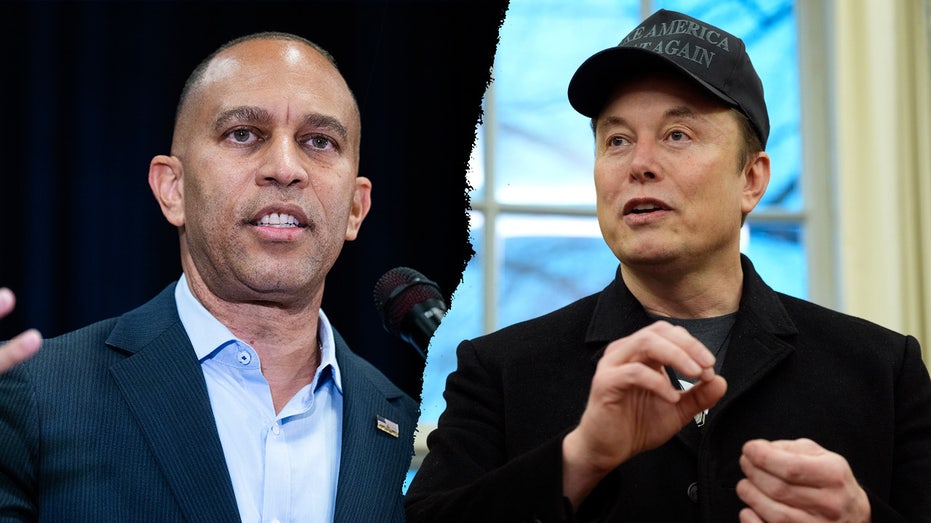
As the deadline for a potential government shutdown draws near, the political atmosphere has heated up considerably. House Republicans are accusing Democrats of unnecessarily politicizing the situation. At the center of this controversy is the figure of Elon Musk, CEO of Tesla and SpaceX, whose recent actions have ignited intense debate.
Date approaching for government shutdown, leaders from both parties are engaging in a war of words, and it appears that Musk’s public persona has become a major focal point. Democrats have expressed concerns that Musk’s actions are fueled by hatred, significantly affecting public discourse and deviating attention from pressing legislative issues.
Elon Musk: A Polarizing Figure in Politics
Elon Musk’s recent tweets and public statements have generated backlash from numerous political figures. Republicans argue that attacks on Musk are politically motivated, reflecting a broader trend of liberal-leaning critics targeting prominent conservatives and entrepreneurs.
House Minority Leader Hakeem Jeffries suggested that the Democrats’ threats to shut down the government stem from their disdain for Musk’s success and influence.
“This is about power and control,” Jeffries stated in a recent press conference. “Rather than focusing on sensible legislation, the Democrats prefer to engage in personal vendettas against successful Americans.”
The Potential Impact of a Government Shutdown
Government shutdowns can lead to severe implications for citizens and federal employees alike. Essential services could be interrupted, and many government workers might face unpaid leave.
Furthermore, as the deadline looms, Republicans are urging Democratic leadership to prioritize funding matters over personal conflicts. They claim that by doing so, they can prevent disruption in essential government services.
“Shutting down the government over personal grievances is simply irresponsible,” said Republican Whip Tom Emmer. “We must focus on the American people’s needs and not on petty political squabbles.”
Positioning and Strategy on Both Sides
In an effort to clarify their stance, Democrats have maintained that their objections are based on Musk’s impact on social media and misinformation. They argue that Musk’s actions have dangerous implications for public safety and discourse.
“It is critical to address the influence of misinformation spread on platforms that Elon Musk controls,” said Representative Alexandria Ocasio-Cortez. “We cannot turn a blind eye to the threats posed by unchecked power in the hands of a few.”
Ocasio-Cortez’s sentiment reflects a broader Democratic strategy to position themselves as defenders of truth and accountability in an increasingly polarized society.
The Role of Social Media in Modern Politics
As social media platforms become more influential, their leaders find themselves at the forefront of political debates. Elon Musk, in particular, has shown how a single individual can sway public opinion and shift political narratives.
Therefore, both parties seem to recognize the strategic importance of addressing these emerging threats posed by social media in their agenda.
What Lies Ahead?
The impending government shutdown is not merely a budgetary matter but a reflection of the greater cultural rift within U.S. politics. With each passing day, the urgency mounts as leaders attempt to broker a deal that can avert a potential crisis.
In addition, public sentiment regarding Musk will likely play a crucial role in shaping the discourse leading up to the negotiations. Citizens must decide which path they support more: a government responsive to the public’s concerns or one steeped deeply in personal animosities.
As both sides remain steadfast in their positions, it is evident that the looming deadline will test political resolve and, ultimately, the fabric of bipartisan governance.
Reference: Source Article

